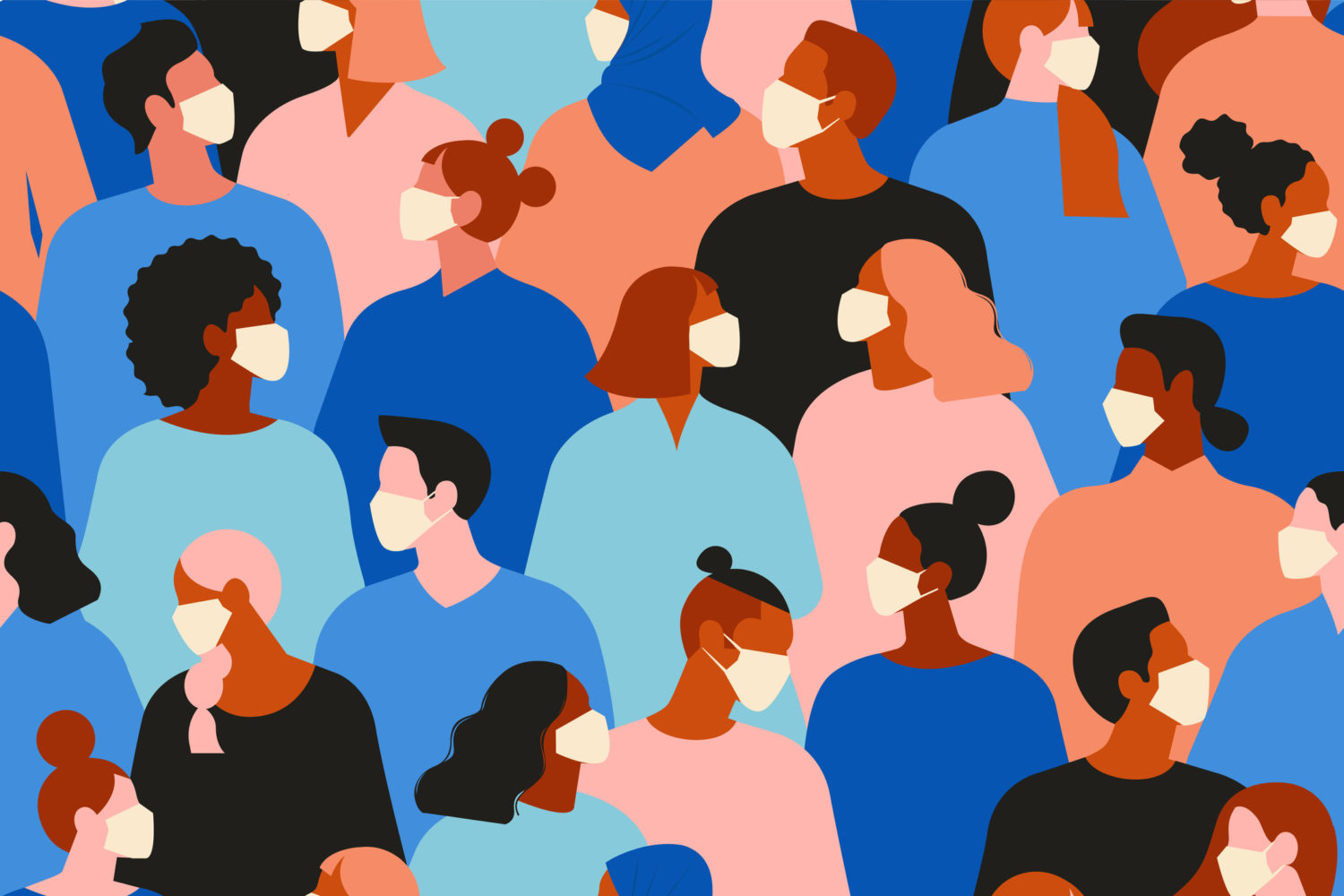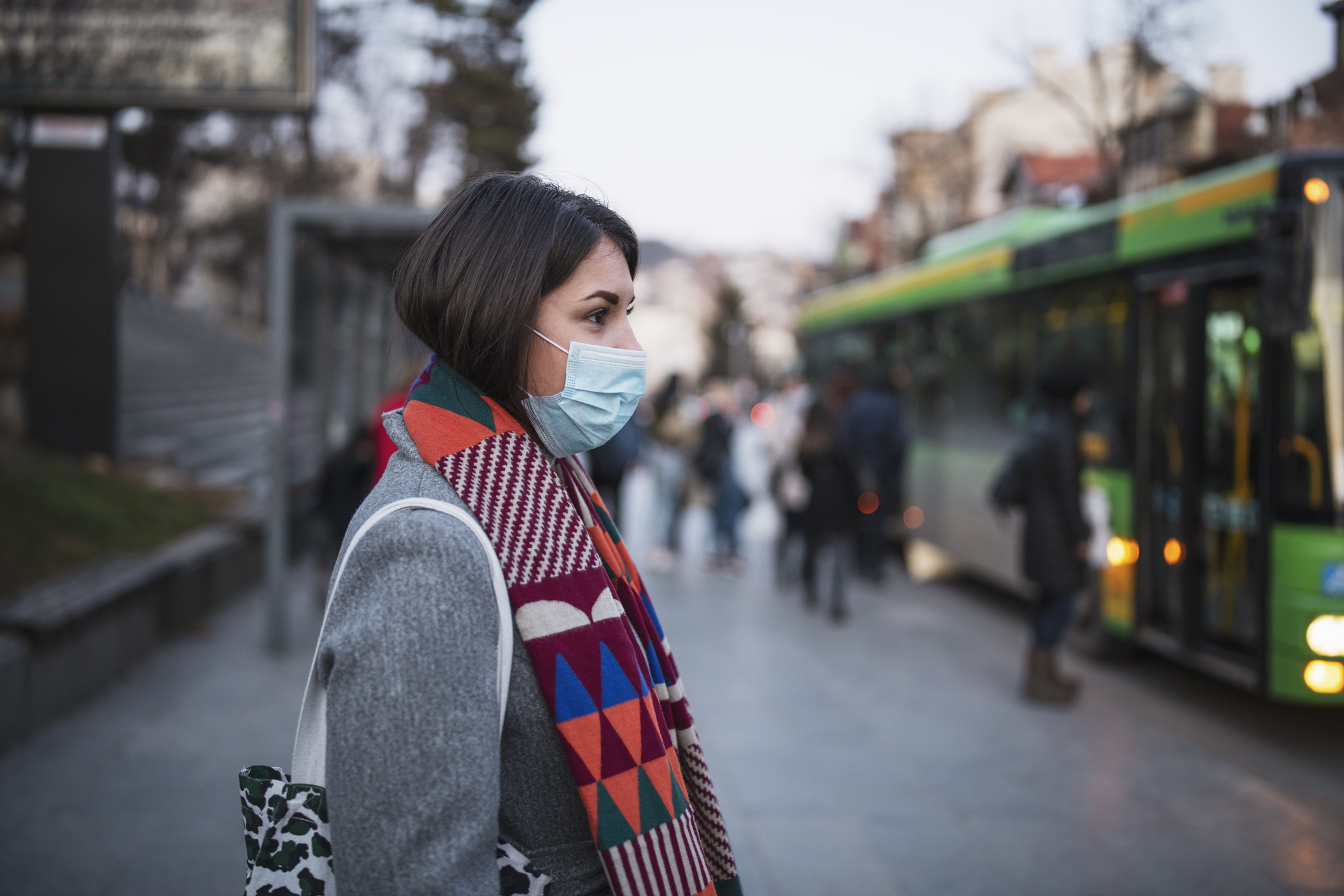Ask the Expert: How Sleep Plays a Major Role in Fighting Off Diseases

The new COVID-19 world is a much different place than even just last week. As an organization committed to improving the health and well-being of the world through better sleep, we asked our Chief Scientific Officer, Roy Raymann, Ph.D. to share his take on how sleep can play a major role in fighting off diseases, and what you can do to shore up your own immune system.
- How does sleep health impact our immune system?
During sleep, all kinds of restorative processes are executed, including boosting the proper function of your immune response. The immune system releases, for instance, so-called cytokines, of which some help with sleep, but also fight infection and inflammation. Sleep also has been shown to boost the effectiveness of T-cells, which is an essential part of the immune system in fighting infections. If you cut short on sleep for one night, your immune system may be temporarily boosted, as a protective mechanism from the loss of sleep. However, chronic sleep loss has a negative impact on your immune system.
- How important is sleep when it comes to something like fighting a pandemic (is it as important as washing hands, for instance)?
During a pandemic, it is all about minimizing the spread of the virus. That is where washing hands, social distancing, and isolation come in to play. Sleep plays a role in how the disease will develop and affect you as a person when exposed to the virus. It has been shown, for instance, in the case of the common cold, that people with less sleep developed more illness symptoms over time. It also has been shown that vaccines are less effective when sleep deprived. Given that COVID-19 is a very new virus, we don’t have data on this particular virus. But there is no reason to believe at this time that everything we know about sleep and the immune system would not apply to this virus.

- Can you share how much more likely you might be to contract an illness when you’re sleep-deprived, compared to when you’re getting consistent healthy amounts of sleep?
That is hard to say in general and is likely to be different for different disease. The study of Prather and coworkers on the common cold (2015) showed that adults averaging 5 or 6 hours of nightly sleep were 4 times more likely to develop a cold after infection, as compared to adults that slept on average 7 hrs per night, the recommended minimum sleep duration.
- What advice do you have on how to de-stress and cope with all the news and updates around the virus, in relation to getting better sleep?
It is expected that the news and the increase in the number of infections and deaths related to the virus will be around for a while. Make sure you get the information you need that directly impacts your daily living and you adjust your routines as recommended. For the updates on the scale of the virus spread, it is sufficient to just check in once a day. But make sure to wind down and divert your thoughts in the hours before bedtime.
5. How can those of us who are now working from home or otherwise not going out maintain a routine to keep our sleeping habits in check?
We need to make sure the body keeps getting consistent cues during the day. So try being strict on your mealtime, wake up time and bedtime. Also make sure that you still get that physical activity, despite most gyms closed, preferably before dinner. Finally, since the light levels in your home are likely to be minimal as compared to the light outside: Make sure you get plenty of light during the daytime. A 45-minute outdoor walk around noon would be perfect for both light exposure and physical activity. Just keep the 6-feet rule for social distancing in place.
6. Any other info you feel might be important for our readers to know about sleep and immune health?
It is all about a healthy balanced lifestyle: eat healthy, get your daily steps, get a solid amount of daylight and at least 7 hours of sleep each night. Note that they are all interconnected. A good diet and regular physical fitness will contribute to better sleep and a solid immune system.
Looking for more COVID-19 guidance? Check out the CDC official site.